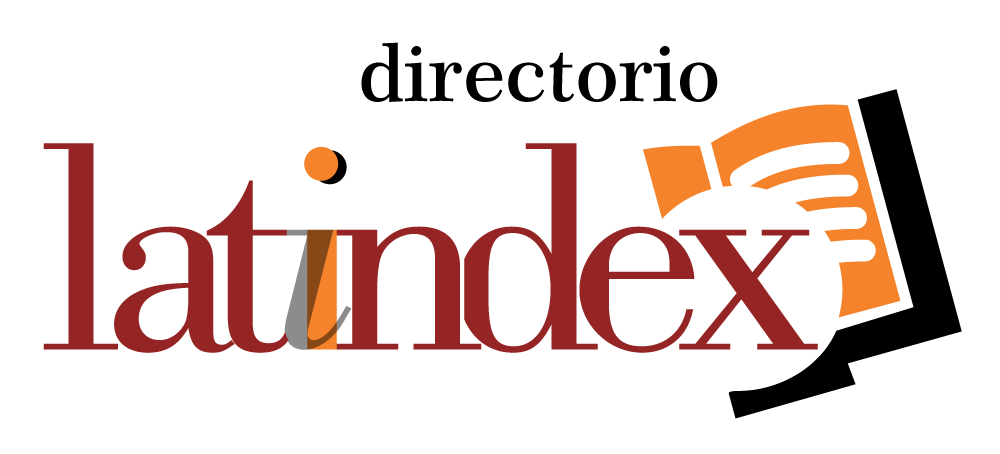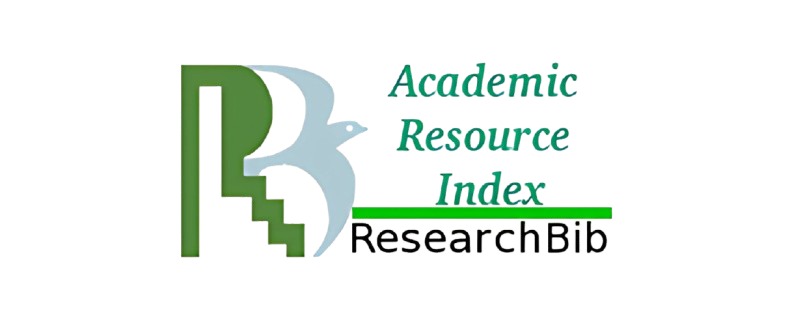ISSN L 2992-6602
POLÍTICAS DE LA REVISTA
POLICIES OF THE REVISTA CIENTÍFICA DEL ISTMO Journal (RCI)
Scientific evaluation policies
Arbitration system: external peer review and double-blind review
The process includes:
Initial evaluation by the editorial team within the first 15 business days to verify compliance with the journal’s formats and guidelines.
Assignment to at least two external reviewers who are experts in the subject area.
Maximum evaluation period of 8 weeks per reviewer.
Editorial decision based on review reports within two weeks thereafter.
Decision notification with detailed feedback to the authors. Reviewers are selected based on their disciplinary expertise, absence of conflicts of interest, and verified academic record. A reviewer registry is maintained that includes institutional affiliation, area of expertise, and collaboration history.
Copyright Policy
Assignment of copyright
Authors who submit their works to the RCI understand that they are granting the rights to publish and disseminate their manuscripts.
Conflicts of interest
Authors must declare all potential conflicts of interest, including funding, commercial relationships, or personal ties that may influence the presented research.
Authorship
Authorship is granted only to those who have made substantial contributions to the conception, design, execution, analysis, or interpretation of the study. All authors must approve the final version of the manuscript.
Retractions and corrections
The RCI reserves the right to retract articles in cases of unethical conduct, fundamental errors, or rights violations. Retractions are published transparently, indicating the specific reasons.
OPEN ACCESS POLICIES
Each issue of the RCI is based on an open access policy for all its electronic publications, allowing readers free access to information and digital resources; likewise, there are no fees for manuscript review or publication.
The Isthmus Scientific Journal (RCI) is an open-access journal; its articles are freely available to all readers. Neither the review nor the publication of manuscripts is charged to authors.
The license used is the Creative Commons Attribution-NonCommercial-ShareAlike 4.0 International License (CC BY-NC-SA 4.0).
This license allows:
- Free distribution of the content
- Adaptation and reuse for non-commercial purposes
- Mandatory attribution to the original authors
Plagiarism and originality policies
Use of tools for verification
All submissions sent by authors to the Revista Científica del Istmo must be original and unpublished. Plagiarism is considered the appropriation of others’ ideas, texts, or results without proper attribution. Manuscripts will be evaluated using specialized similarity detection software. Cases of plagiarism result in immediate rejection and notification of the authors’ institutions.
Archiving policies
The publications file
The Isthmus Scientific Journal preserves its issues and content by storing them in the established digital and print formats, ensuring the content’s integrity, preservation, accessibility, and long-term availability for consultation.
Research Data Policy
The RCI promotes scientific transparency through the responsible sharing of research data. Authors are required to:
- Indicate the availability of underlying data.
- Deposit data in recognized repositories whenever possible.
- Provide data availability statements in all manuscripts.
Complaint and Appeal Procedures
Authors may appeal editorial decisions or file complaints through a formal procedure:
Written submission to the Editor-in-Chief within 30 days.
Review by an independent editorial committee
A reasoned response within 45 business days.
Escalation to an external ombudsman if necessary.
Commitment to diversity and inclusion
RCI is committed to promoting diversity in all dimensions of academic publishing, including equitable representation on editorial boards, among reviewers, and in published content.
Artificial Intelligence Usage Policy
If AI was used during the research, the author must include a section in the methodology explaining its use step by step. In this way, the RCI seeks to maintain transparency in the investigative process, as well as to provide the reader with all the information about how the research was conducted. Finally, the editorial team will have full authority to reject or accept the research based on the information presented.














